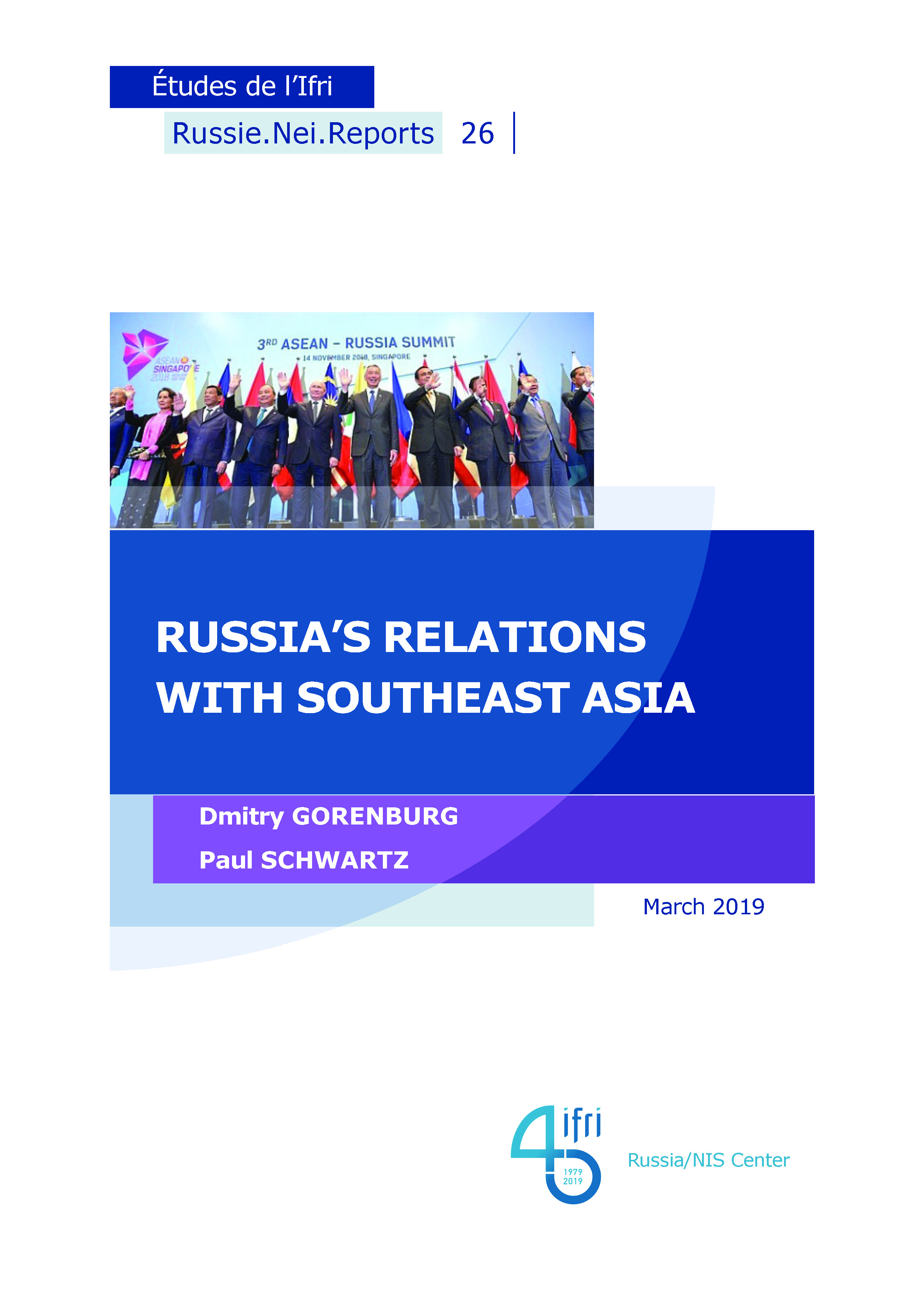Russia’s Relations with Southeast Asia

In recent years, Russia has focused on developing its relations with Southeast Asia, particularly in the areas of economic ties and arms sales.
This effort is part of its ongoing turn to the East, intended to allow Russia to reduce its dependence on the West, while harnessing the dynamic growth of the Asia-Pacific region as a means to modernize the Russian Far East and ultimately Russia itself. While its relations with the region have been gradually improving, Russia is still not that significant a player in Southeast Asia. Moreover, relationships in the region generally take a backseat to the critical partnership with China. Vietnam and Myanmar continue to be the most important partners, although Russia has made efforts to develop closer ties with Malaysia, Indonesia and, most recently, the Philippines.
Dmitry Gorenburg is Senior Research Scientist in the Russia Studies Program at the Center for Naval Analyses (CNA), and an associate at the Harvard University Davis Center for Russian and Eurasian Studies.
Paul Schwartz is an analyst in the Russia Studies Program at the Center for Naval Analyses (CNA).
Download the full analysis
This page contains only a summary of our work. If you would like to have access to all the information from our research on the subject, you can download the full version in PDF format.
Russia’s Relations with Southeast Asia
Related centers and programs
Discover our other research centers and programsFind out more
Discover all our analysesThe Caspian Sea as an Emerging Energy Hub : Potentials and Limitations
This report analyzes the prospects of the Caspian Sea region — and its key actors except for Russia and Iran — becoming an important energy hub serving the needs of the European Union (EU).
The European Union's Strategic Test in Georgia
The political crisis brewing in Georgia is of an existential nature for the country. What is at stake is Georgia's future as a democratic and sovereign European nation (EU).
Commanders of Putin's Long War: Purged, Reshuffled and Disgruntled
The trend of reshuffling the Russian top military command in the course of a fast-evolving and far from successful war has progressed unevenly both across the Armed Forces’ structures and in time. The rationale for and timing of the abrupt cadre decisions made by Commander-in-Chief Putin often defy logical explanation, and the rare official clarifications are no more informative than the usual information blackout.
Russian Military Manpower After Two and a Half Years of War in Ukraine
In addition to a military victory in Ukraine, the Russian leadership is planning to build up sizable troop formations for a possible conflict with NATO in the Baltic region and the Kola Peninsula. In particular, current plans aim for the military manpower to grow by about 350,000, reaching a total of 1.5 million soldiers and commanders. In the context of the current conflict in Ukraine, this cannot be accomplished without a new wave of mass mobilization.









